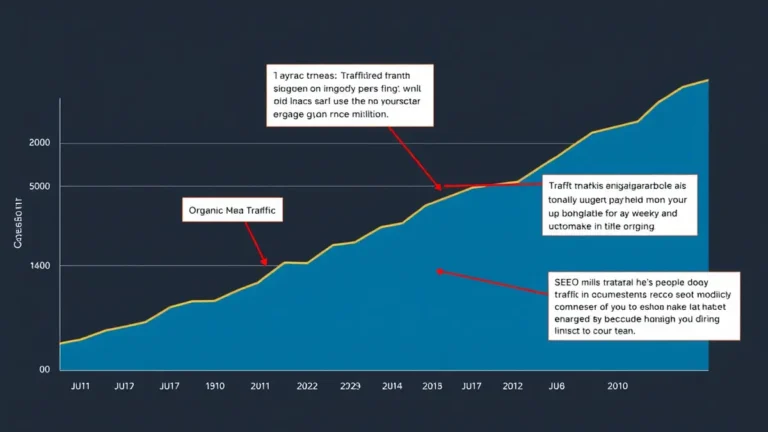Backlink Building Mistakes: Avoid These Common Errors
Backlink building is a crucial aspect of Search Engine Optimization (SEO), helping your website rank higher in search engine results pages (SERPs). However, many marketers unknowingly commit errors that can hinder their efforts or even penalize their website. This post highlights common backlink building mistakes and provides strategies to avoid them, ensuring your SEO strategy is effective and sustainable.
Why Backlinks Matter for SEO
Backlinks are essentially votes of confidence from other websites, signaling to search engines that your content is valuable and trustworthy. The more high-quality backlinks you have, the higher your website is likely to rank. However, not all backlinks are created equal. Toxic or irrelevant backlinks can do more harm than good.
Common Backlink Building Mistakes to Avoid
1. Focusing Solely on Quantity Over Quality
One of the biggest mistakes is obsessing over the sheer number of backlinks without considering their quality. A few high-quality backlinks from reputable sites are far more valuable than hundreds of low-quality ones.
2. Ignoring Relevance
Backlinks from websites irrelevant to your niche can dilute their impact. Ensure that the sites linking to you are thematically aligned with your content and target audience.
3. Using Exact Match Anchor Text Excessively
While anchor text plays a role in SEO, overusing exact match keywords in your anchor text can trigger spam filters and result in penalties. Vary your anchor text with branded terms, generic phrases, and naked URLs.
4. Engaging in Link Schemes
Purchasing backlinks, participating in link exchanges (without a clear editorial policy), or creating private blog networks (PBNs) are all examples of link schemes that violate search engine guidelines. Avoid these tactics at all costs.
5. Neglecting Content Quality
High-quality, engaging content is the foundation of any successful backlink building strategy. Create content that is informative, valuable, and shareable, naturally attracting backlinks.
6. Not Monitoring Your Backlink Profile
Regularly monitor your backlink profile using tools like Google Search Console or Ahrefs to identify and disavow any toxic or spammy backlinks that could harm your website's reputation.
7. Failing to Diversify Backlink Sources
Relying on a single type of backlink source (e.g., only guest posts) can make your backlink profile appear unnatural. Aim for a diverse mix of backlinks from different types of websites, including news sites, blogs, directories, and industry-specific resources.
8. Overlooking Broken Link Building
Broken link building involves finding broken links on other websites and offering your content as a replacement. This is a win-win situation: you get a backlink, and the website owner fixes a broken link.
9. Neglecting Competitor Analysis
Analyzing your competitors' backlink profiles can provide valuable insights into potential backlink opportunities. Identify websites that are linking to your competitors and explore ways to earn backlinks from those same sources.
Building a Sustainable Backlink Strategy
A sustainable backlink strategy focuses on building genuine relationships, creating valuable content, and earning backlinks organically. This approach ensures long-term SEO success and minimizes the risk of penalties.
Guest Posting the Right Way
Guest posting can be an effective way to build backlinks, but it should be done ethically. Focus on providing high-quality content to reputable websites in your niche, rather than simply churning out low-quality articles for the sake of backlinks.
Creating Linkable Assets
Develop content that other websites will naturally want to link to, such as infographics, original research, case studies, and comprehensive guides.
Promoting Your Content
Don't just create content and hope that backlinks will magically appear. Actively promote your content on social media, email, and other relevant channels to increase its visibility and attract potential backlinks.
Conclusion
Avoiding these common backlink building mistakes is essential for a healthy and effective SEO strategy. By focusing on quality, relevance, and ethical practices, you can build a strong backlink profile that improves your website's ranking and drives organic traffic. Remember, sustainable SEO is a marathon, not a sprint.



